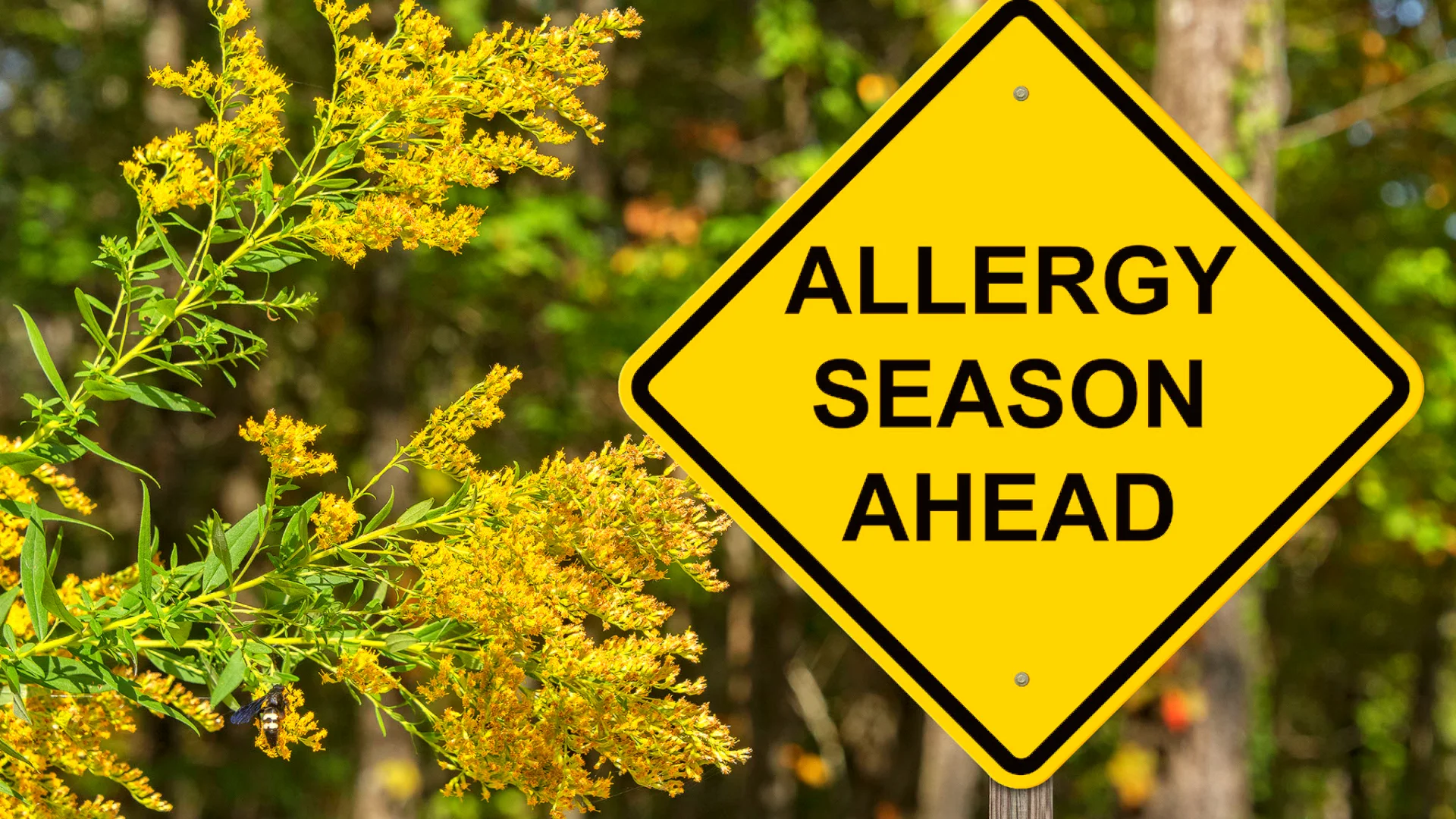
Top 10 facts you should know about pollen, pollinosis, hay fever or simply seasonal allergies.
- Seasonal allergy, also known as pollen allergy or hay fever, can cause anxiety in some people, especially those who suffer from recurrent mood disorders such as bipolar disorder.
- Surprisingly, our pets, including dogs and cats, may also suffer from seasonal pollen allergy. Symptoms in pets can manifest themselves in various ways, including licking or biting their paws, excessive scratching, reddening of the skin and other signs. If you notice such symptoms in your pet, especially in summer, it's advisable to see your veterinarian.
- The pollen season can last much longer than most people think. It can start as early as January and last until the end of November, depending on the weather conditions. Warmer and wetter conditions promote an earlier start to the pollen season.
- One in five individuals is allergic to pollen and suffers from pollen allergy symptoms during the flowering season.
- Interesting fact: Spiders can feed on pollen, using it to feed their young, although their mouths are not big enough to eat it whole.
- Pollen can be used in forensics to locate a person or object.
- Consumption of alcohol containing histamine, such as beer and wine, may increase pollen allergy symptoms in some people.
- Pollen has been around for over 120 million years and plays an important role in the natural selection of plants.
- Rainy weather can worsen the symptoms of pollen allergy by promoting the growth of grass, and then dry weather increases pollen levels. A possible allergy to the smell after rain (petricor) is also worth mentioning.
- In urban areas, pollen counts are generally lower than in the countryside, but air pollution in cities can combine with pollen and cause symptoms of pollinosis. The disease can peak as early as April and May, not just in summer.